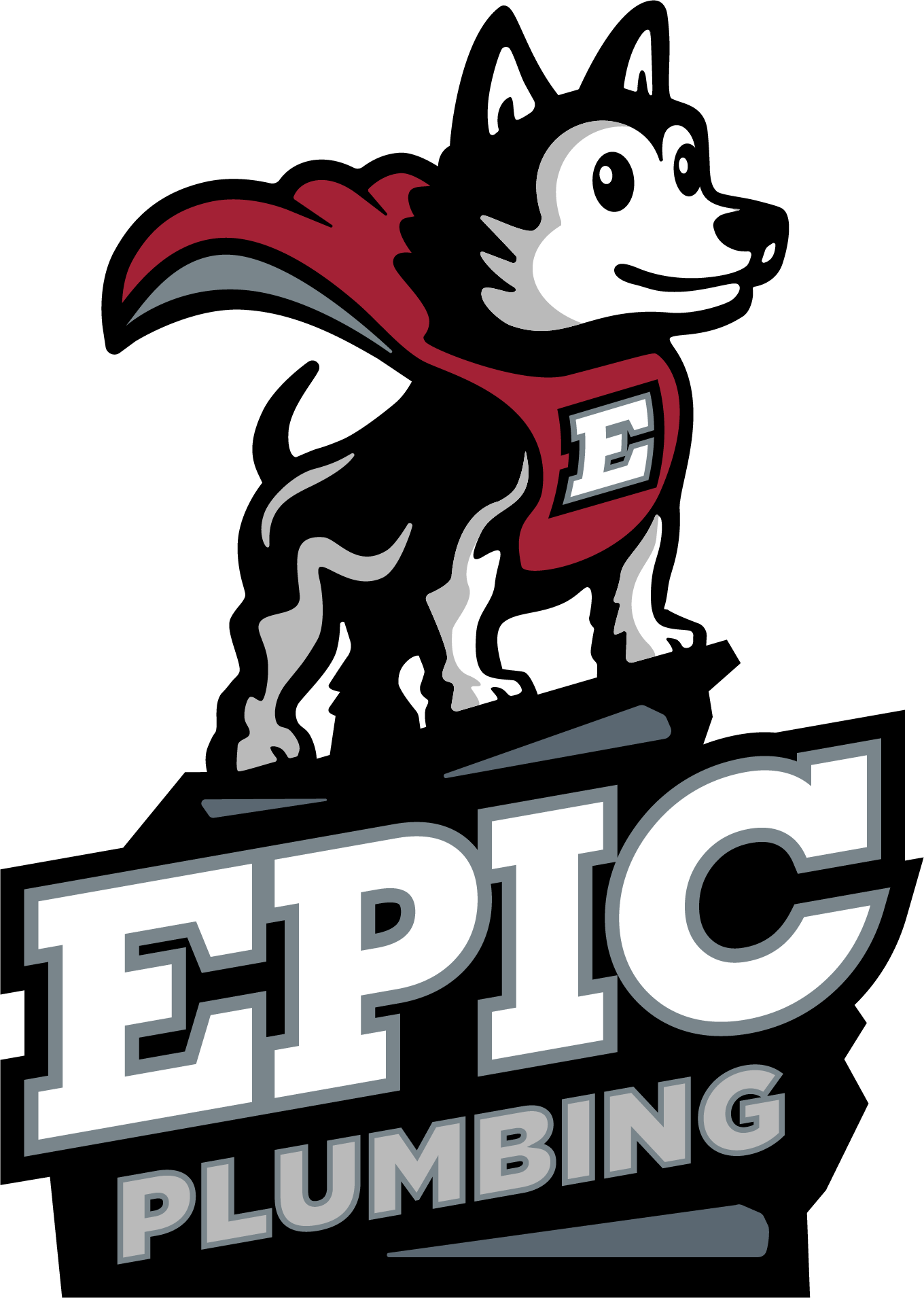WARNING SIGNS YOU MAY HAVE HARD WATER
As homeowners, we want our plumbing to work seamlessly and as efficiently as possible. Unfortunately, sometimes it’s the water itself running through the pipes that is the cause of your plumbing woes.
What is Hard Water?
Hard water is water that contains a high concentration of dissolved minerals, primarily calcium and magnesium. These minerals are picked up by the water as it flows over or through rock formations and soil. The level of hardness in water is measured in terms of grains per gallon (GPG) or parts per million (PPM). Water with a hardness level of 1-3 GPG is considered soft, while water with a hardness level of 7 GPG or higher is considered hard.
How can you tell you have hard water?
5 Signs You Have Hard Water
Symptoms of hard water include:
Mineral build-up on appliances and fixtures
Surface staining
Dry skin and hair
Dull, scratchy laundry
Higher water bills
1. Mineral Build-Up on Appliances and Fixtures
The excess minerals in hard water will cause build-up on faucets and your showerhead. It can also cause spotty dishes after washing dishes. Clean these mineral deposits off of the appliances with white vinegar and water and consider adding a rinsing agent to your dishwasher!
2. Surface Staining
In addition to adding spots to your dishes, hard water is known to cause unsightly surface staining. For example, if hard water is used to fill a bathtub or sink, it can leave a ring of mineral buildup around the waterline, which can be difficult to remove. Hard water can also cause staining on toilet bowls, shower doors, and kitchen and bathroom fixtures, particularly if the fixtures are not regularly cleaned and maintained.
3. Dry Skin and Hair
The high mineral content in hard water can make it more difficult for soaps and shampoos to lather properly, leading to insufficient cleansing. This can cause a buildup of oils, dirt, and dead skin cells on the skin and scalp, which can clog pores, irritate skin, and cause acne or other skin conditions. On the scalp, this can lead to dandruff or an itchy, flaky scalp.
Additionally, hard water can cause hair to become dry, brittle, and difficult to manage. The mineral buildup on hair can cause it to become rough and tangled, leading to breakage and split ends. Hard water can also cause color-treated hair to fade more quickly and appear dull and lifeless.
People with sensitive skin or eczema may be particularly susceptible to the effects of hard water, as the minerals can exacerbate their conditions.
4. Dull, Scratchy Laundry
Hard water can affect laundry in several ways. When hard water is used to wash clothes, it can react with the soap or detergent being used and create a residue, which can make clothes appear dingy, stiff or discolored. This is because the minerals in hard water can bind to the detergent, preventing it from dissolving fully and effectively cleaning the clothes. As a result, clothes washed in hard water can feel scratchy and uncomfortable to wear.
Additionally, the minerals in hard water can accumulate in fabrics over time, causing them to lose their softness and durability. Whites may appear gray or yellow, and colored fabrics may lose their brightness and fade more quickly. Hard water can also cause stains on clothes, particularly those caused by minerals such as iron, which can leave brown or yellow marks on fabrics.
5. Higher Bills
Hard water can indirectly affect your utility bills in a few ways. Firstly, hard water can cause mineral buildup in pipes and appliances, reducing their efficiency and increasing the amount of water you use. For example, a water heater that is clogged with mineral buildup will need to use more energy to heat water, which can increase your energy bill as well as your water bill. Similarly, a washing machine or dishwasher that is not working efficiently due to mineral buildup may need to run longer cycles, using more water and energy in the process.
Secondly, hard water can cause leaks or damage to pipes and appliances, which can lead to costly repairs or replacement. The mineral buildup in pipes can cause them to corrode or become blocked, leading to leaks or reduced water pressure. Appliances such as dishwashers or washing machines can also become damaged due to mineral buildup, leading to repairs or replacement.
Water Softening Solutions from Epic Plumbing
To reduce the effects of hard water, it's a good idea to install a water softening systems in your home. These systems use ion exchange or other methods to remove the mineral ions from the water, resulting in softer, more manageable water.
Get rid of the nuisance of hard water with a water softening solution from Epic Plumbing! Our team is experienced, trustworthy, and ready to flush your plumbing problems down the drain.
Give us a call today at (281) 815-2322 or fill out our online contact form to get started!

